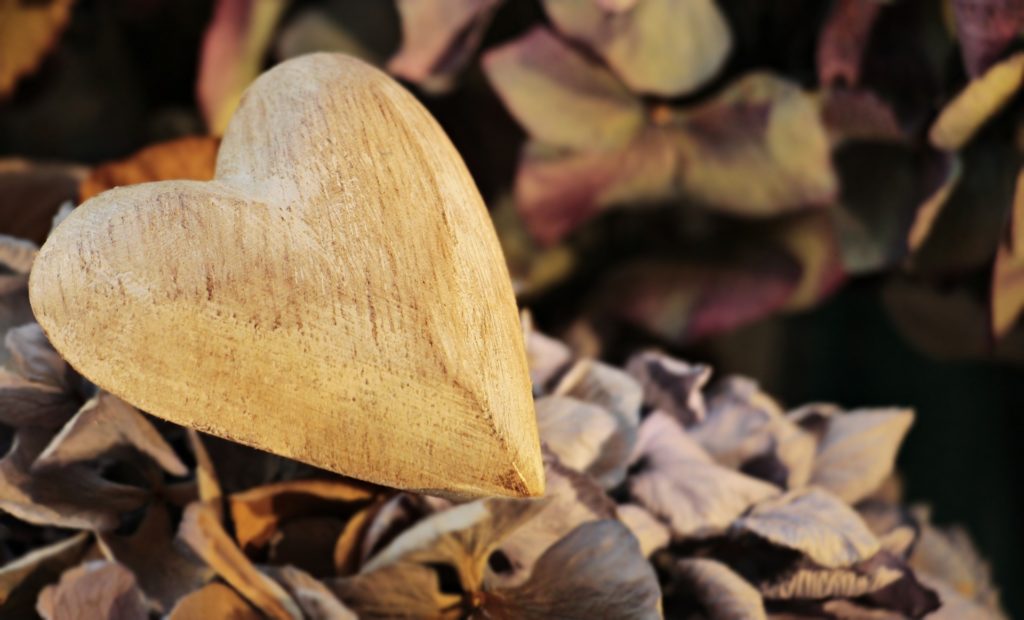As the holidays near, I can’t help but think of the relatives who won’t be with us as we celebrate Thanksgiving next week, and the other holidays that follow soon after: Hanukkah (we’re a multicultural family), Christmas, the New Year. But while my surface thoughts are about the individual people, I find that a deeper dive leads to what I learned from them, and what they taught me about gratitude.

It was at this time of year that my ethnically Jewish stepfather used to stop singing his go-to song (learned in childhood) “Stout-Hearted Men,” and began humming Christmas songs around the house. To him, they were just songs, but it taught me how ubiquitous those songs are. As a musician myself (I was singing before I could talk and started cello lessons at age nine – old for a string player) it made me thankful that he found joy in something I loved. Sure, sometimes he also broke out those Christmas carols for the Fourth of July, but it was the act that mattered.
His mother, my Bubbie (a variant of the Yiddish word for ‘grandmother’) is someone I associate more with the Jewish holidays than with the secular Thanksgiving. She often came to visit for the Rosh Hashana and Yom Kippur, and I got to watch caregiving in action as my agnostic parents ensured that they had tickets to the synagogue (tickets to major holiday services is a thing) and escorted her there. Sometimes, caregiving is as simple as stepping out of your comfort zone and honoring a friend or loved one’s tradition, even when it differs from your own.
But this caring, this kindness, was reflected back to us. Bubbie would spend an entire day in our kitchen, peeling, grating and wringing-out potatoes to make latkes – those wonderful potato pancakes served with applesauce and/or sour cream – so that we could share her tradition. I remember watching her fingers, gnarled from arthritis that she kept at bay with daily piano practice, mixing grated potato with flour and egg. I remember the concentration that furrowed her brow. I remember the mix of amusement and joy on her face when my stepbrother and I fought to see who would get the last pancake.
My maternal grandparents are the pair most associated with Thanksgiving for me, and not just because the turkey and stuffing recipe I use is the one my grandfather created. My grandfather died in November the year I turned twenty-one, and it was the first year my mother and I chose not to celebrate the holiday, except with a quiet remembrance. It was a couple of years before we started hosting that holiday again, and when we did, it was out of enlightened self-interest: no one else’s stuffing tastes as good, to us, than our family recipe.
But despite missing this man, who taught me to garden, to use tools, to bake bread, and to fish, I’m also grateful for the memories of our time together, and for the skills I learned from him.
My grandmother, also, is intertwined with my holiday celebrations and rituals. It is from her that I learned to have decorations throughout the house, which is why there’s a Gardener Santa candle that is never burned but sits on the counter of my guest bath from Thanksgiving through New Year’s Day, and why there is always room for an extra guest at my table.
Her belief, passed through my mother and on to me, was that no one should ever be alone on a holiday unless they truly want to be (and sometimes, caring means honoring a wish for solitude). It’s because of her that we extend invitations to anyone we know who doesn’t have local family. It’s also the reason we have a truly hideous gravy boat shaped like a turkey, that we use once a year. It was one of her early attempts at a ceramics project, and it’s awful, but it made her happy to see it in use, and it makes us feel as if she’s still with us.
As she grew older, and her dementia grew stronger, holidays became more challenging. The music and foods she once loved became meaningless to her, and her attention span dwindled. Still, we made sure to bundle her up and take her to the beach with us on the day after Thanksgiving, and we always found a Catholic church doing a carol service where we brought her on Christmas Eve. Even at the end, the ritual of mass was somehow soothing for her.
If none of this seems like caregiving, rest assured that not all caregiving is in daily service or long-term care. Sometimes, it’s in the small acts of honoring our loved ones’ needs and sharing the things that are important to them. These tiny rituals and remembrances pave the way for the intimacy of fulltime caregiving that will inevitably follow.
For caregivers, remembering the things we’re grateful for is as important to our own well-being as meditation and exercise, and doing so allows us to provide better support for the people in our care.
